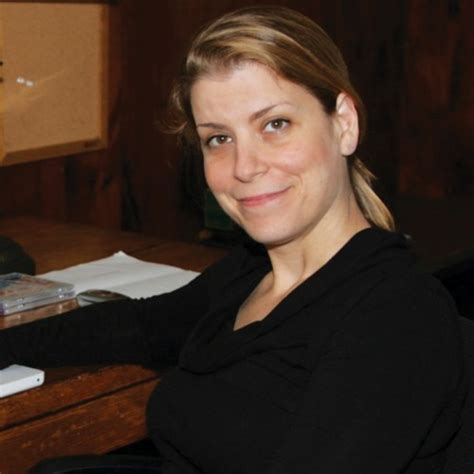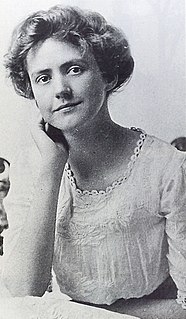A Quote by Stephen Jay Gould
Goethe died in 1832. As you know, Goethe was very active in science. In fact, he did some very good scientific work in plant morphology and mineralogy. But he was quite bitter at the way in which many scientists refused to grant him a hearing because he was a poet and therefore, they felt, he couldn't be serious.
Related Quotes
The sun had, in the meanwhile, sunk behind the Ettersberg. We felt in the wood the chill of the evening, and drove all the quicker to Wiemar, and to Goethe's house. Goethe urged me to go in with him for a while, and I did so. He was in an extremely engaging mood. He talked a great deal about his theory of colors, and of his obstinate opponents; remarking that he was sure that he had done something in this science.
There is a world of science necessary in choosing books. I have known some people in great sorrow fly to a novel, or the last light book in fashion. One might as well take a rose-draught for the plague! Light reading does not do when the heart is really heavy. I am told that Goethe, when he lost his son, took to study a science that was new to him. Ah! Goethe was a physician who knew what he was about.
Nothing is sillier than this charge of plagiarism. There is no sixth commandment in art. The poet dare help himself wherever he lists, wherever he finds material suited to his work. He may even appropriate entire columns with their carved capitals, if the temple he thus supports be a beautiful one. Goethe understood this very well, and so did Shakespeare before him.
Scientists are people of very dissimilar temperaments doing different things in very different ways. Among scientists are collectors, classifiers and compulsive tidiers-up; many are detectives by temperament and many are explorers; some are artists and others artisans. There are poet-scientists and philosopher-scientists and even a few mystics.
Mr. Hillaire Belloc has pointed out that science has changed greatly, and for the worse, since it became popular. Some hundred years ago, or more, only very unusual, highly original spirits were attracted to science at all; scientific work was therefore carried out by men of exceptional intelligence. Now, scientists are turned out by mass production in our universities.
The fact that these scientific theories have a fine track record of successful prediction and explanation speaks for itself. (Which is not to say that I don't directly discuss the work of those philosophers who would disagree.) But even if we grant this, many will argue that scientific knowledge in humans, and, indeed, reflective knowledge in general, is quite different in kind from the knowledge we see in other animals.
Upon the publication of Goethe's epic drama, the Faustian legend had reached an almost unapproachable zenith. Although many failed to appreciate, or indeed, to understand this magnum opus in its entirety, from this point onward his drama was the rule by which all other Faust adaptations were measured. Goethe had eclipsed the earlier legends and became the undisputed authority on the subject of Faust in the eyes of the new Romantic generation. To deviate from his path would be nothing short of blasphemy.
I was never very good at math and science, to be honest, so it's fun to play a character that is so scientific and mathematical, and whose brain functions at such a high pace. The biggest difference is that Maura is very linear in her thinking and very logical. I'm not quite like that. I'm much more laid back and not quite so type A. That's the big difference.
I am a big fan of Neil DeGrasse Tyson. He's the voice of science and scientific thinking in the United States and the world. He's the most visible proponent of scientific thinking, and he's very unflinching about it. He knows that it's correct and vouches for it in a very intelligent and very firm way, which I really appreciate.
I am good in the fact that most of my reviews have been very positive really. I get pretty good reviews. There have been some that aren't - critical. I think they are extremely - the people that wrote them really don't understand what they are looking at quite frankly or have a very preconceived notion of what conceptual art should be or where I am at or the fact that I may change what I have done from what I did 20 years ago. But there is always some reason that they just sort of get it wrong. And so it certainly doesn't affect my work.





































